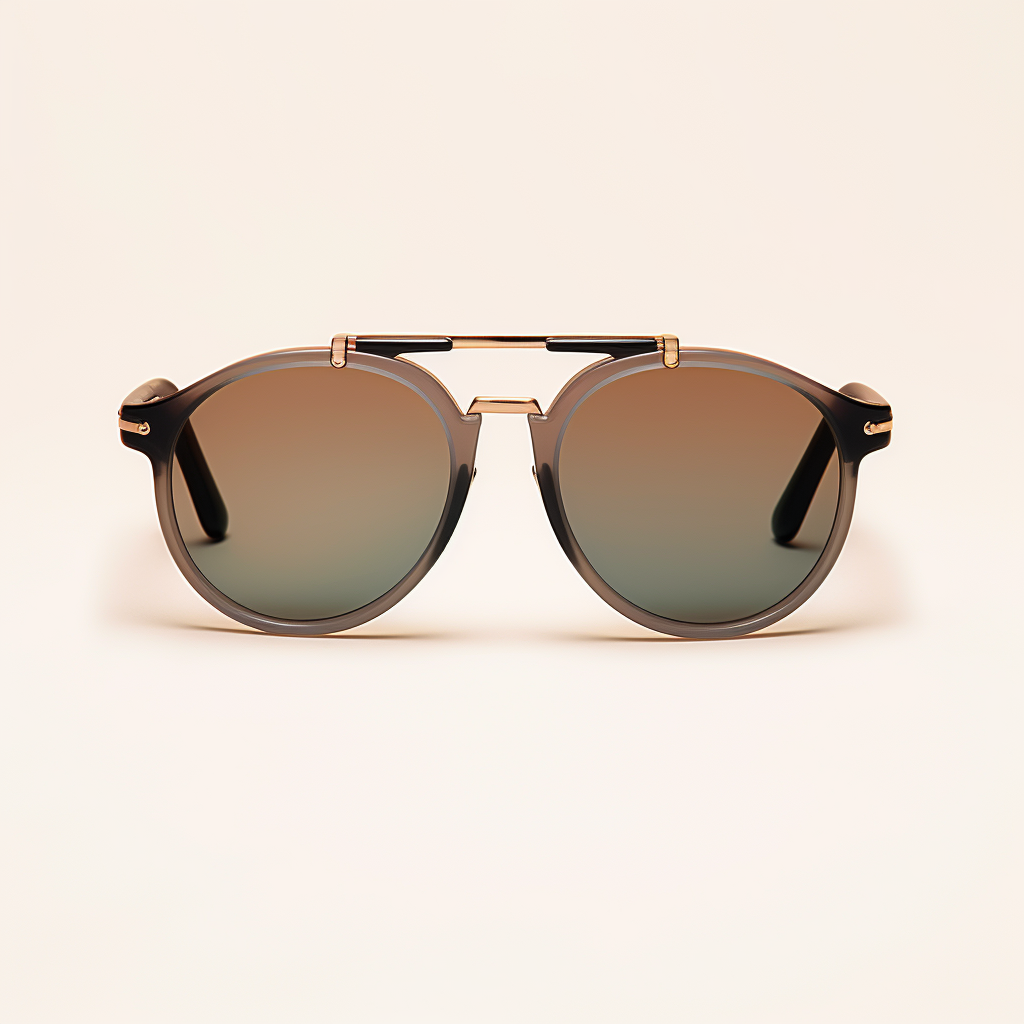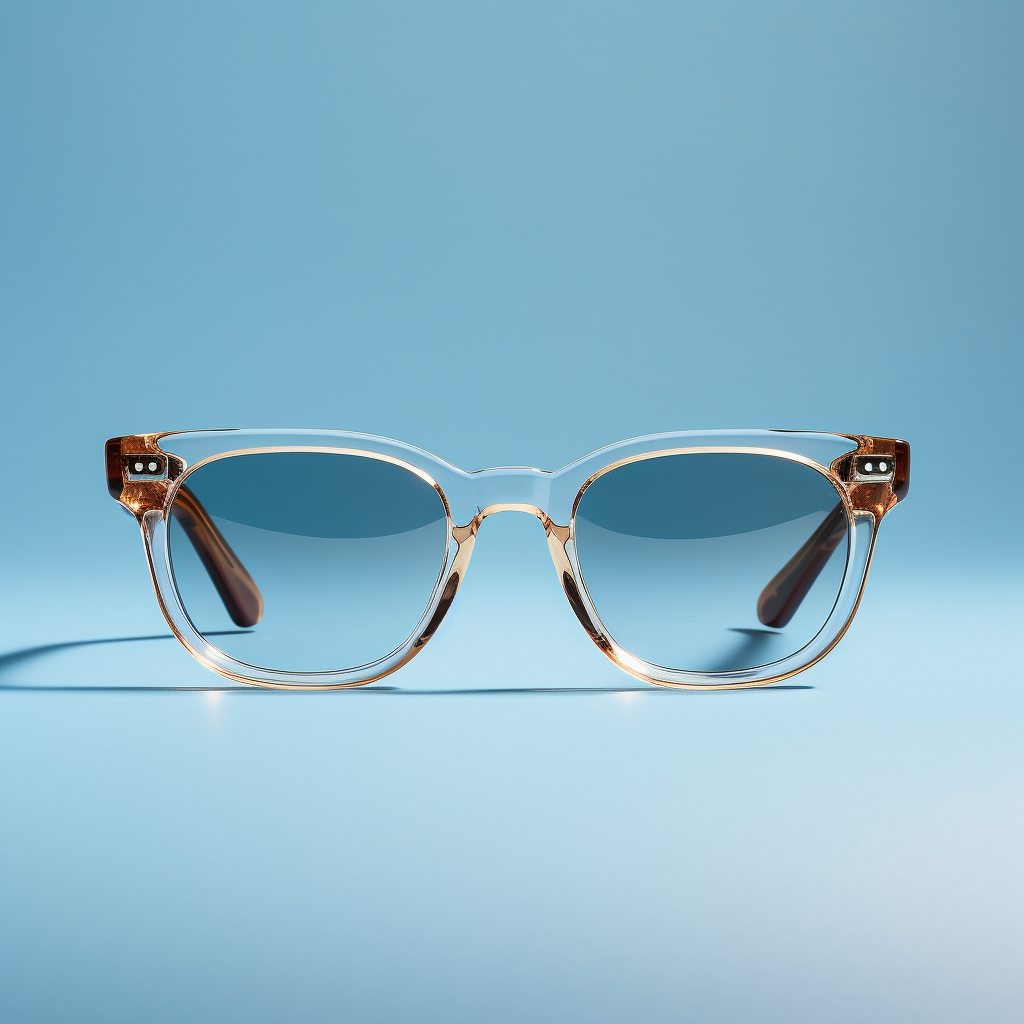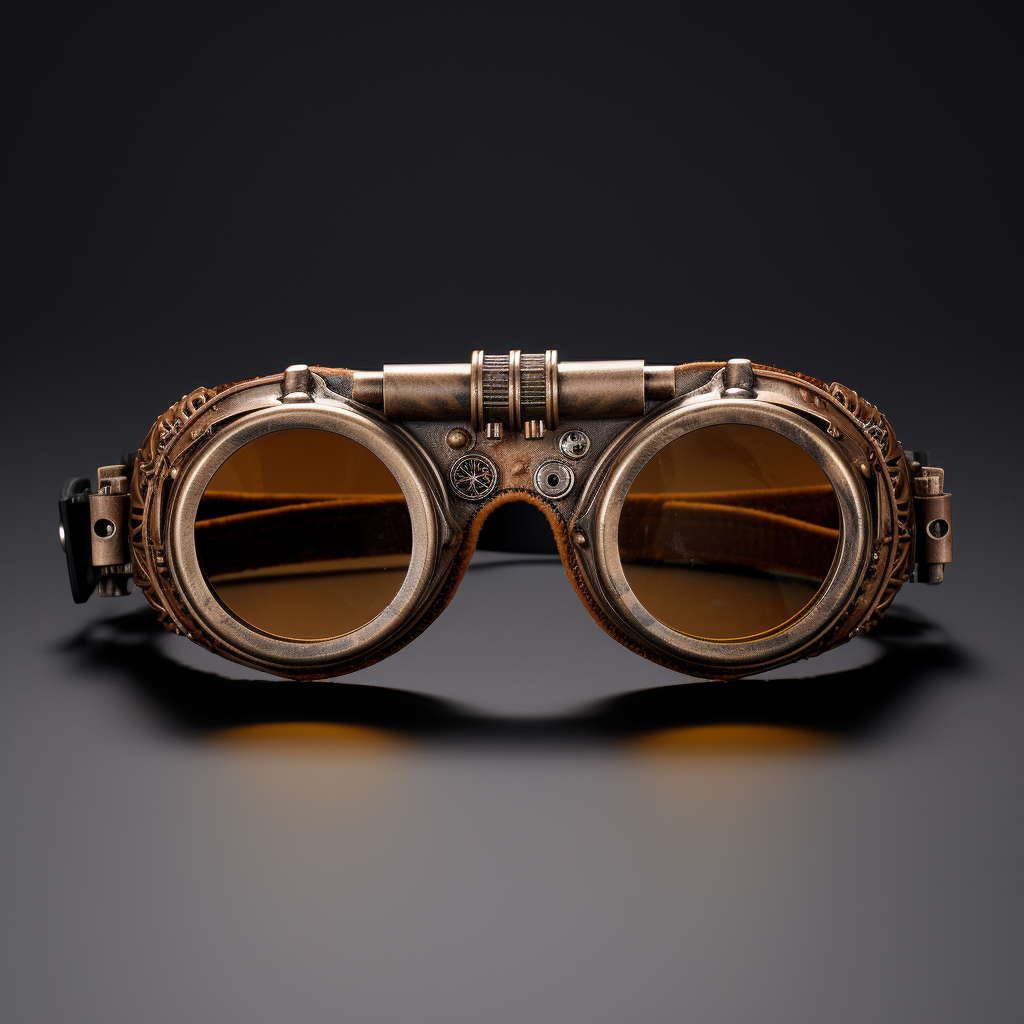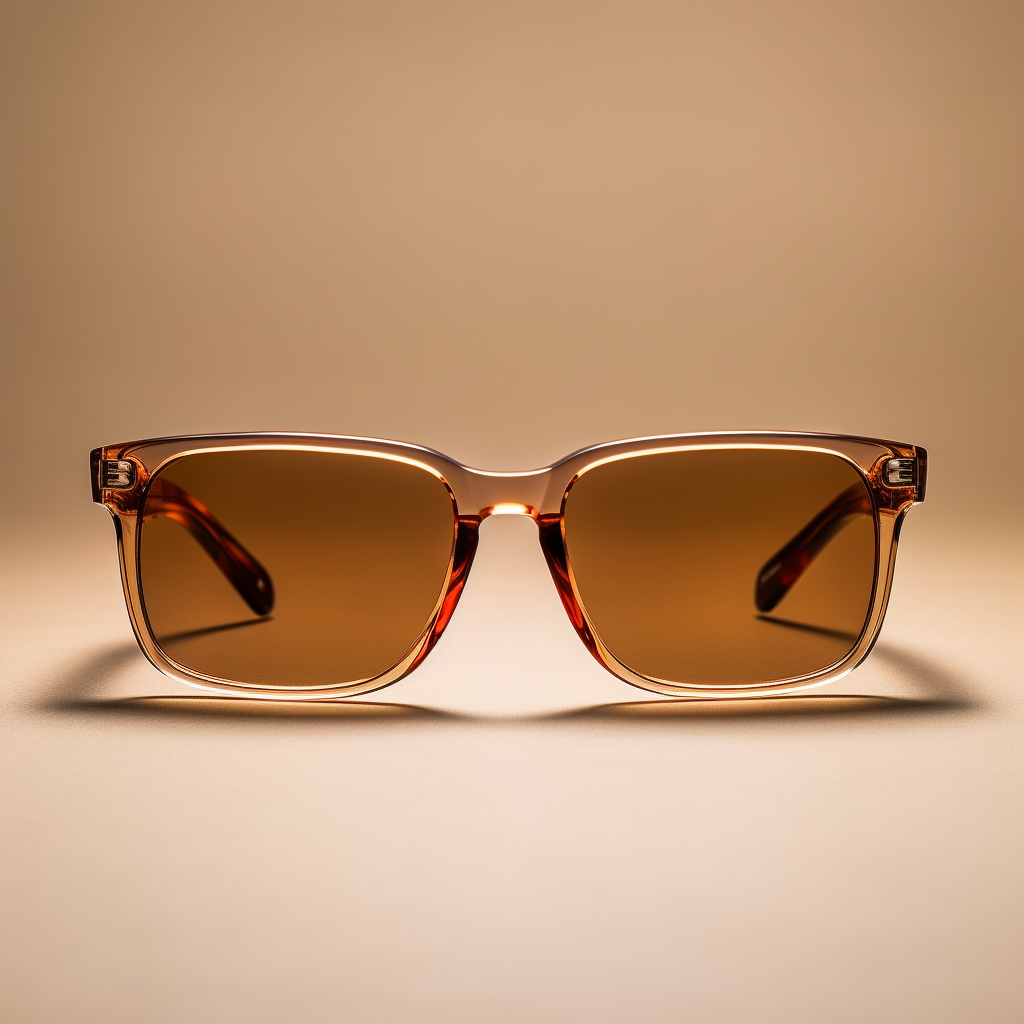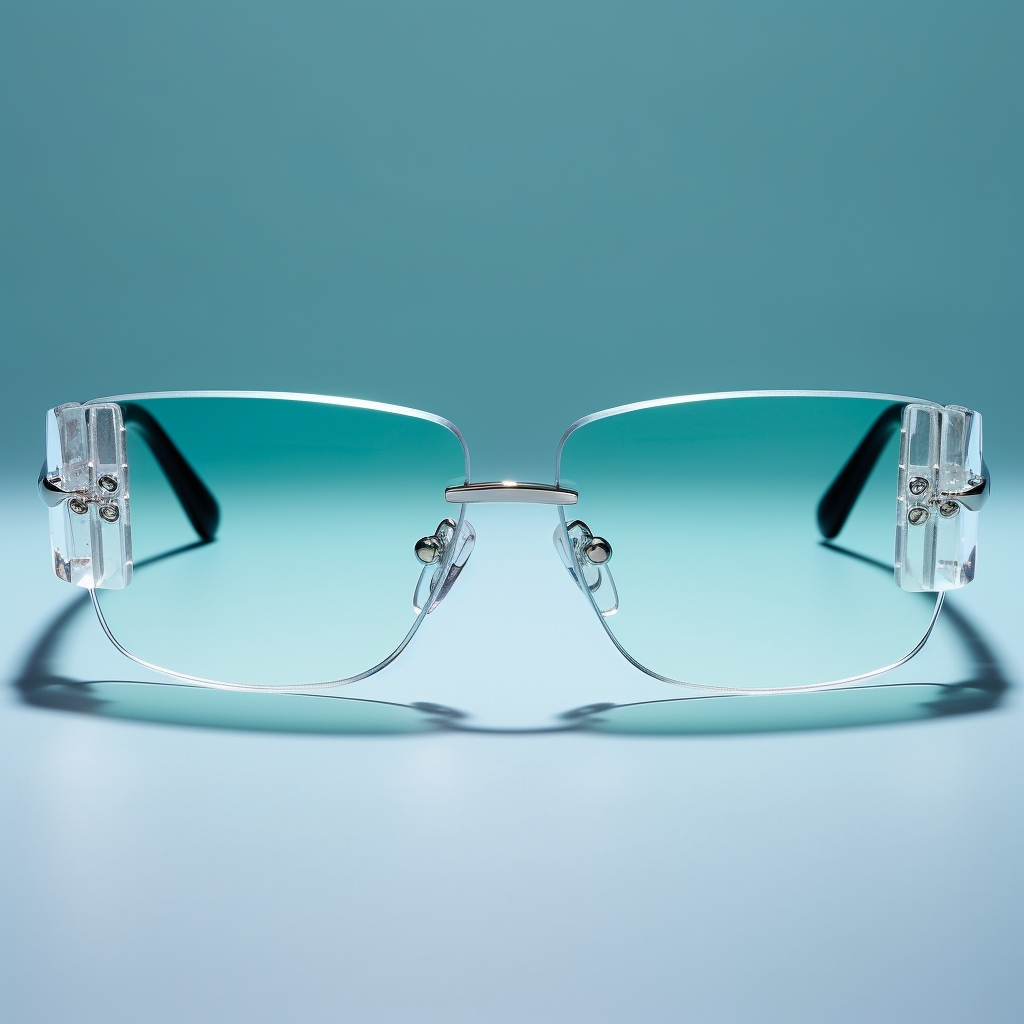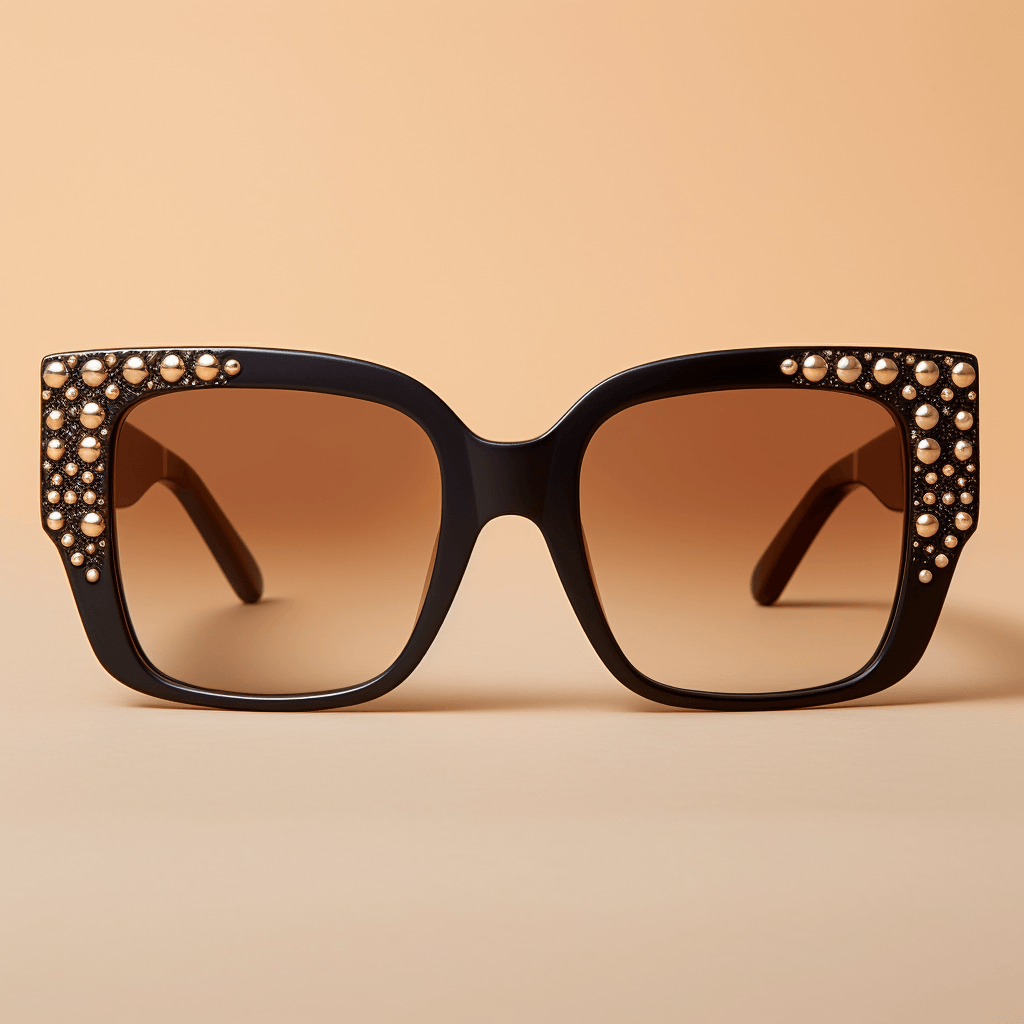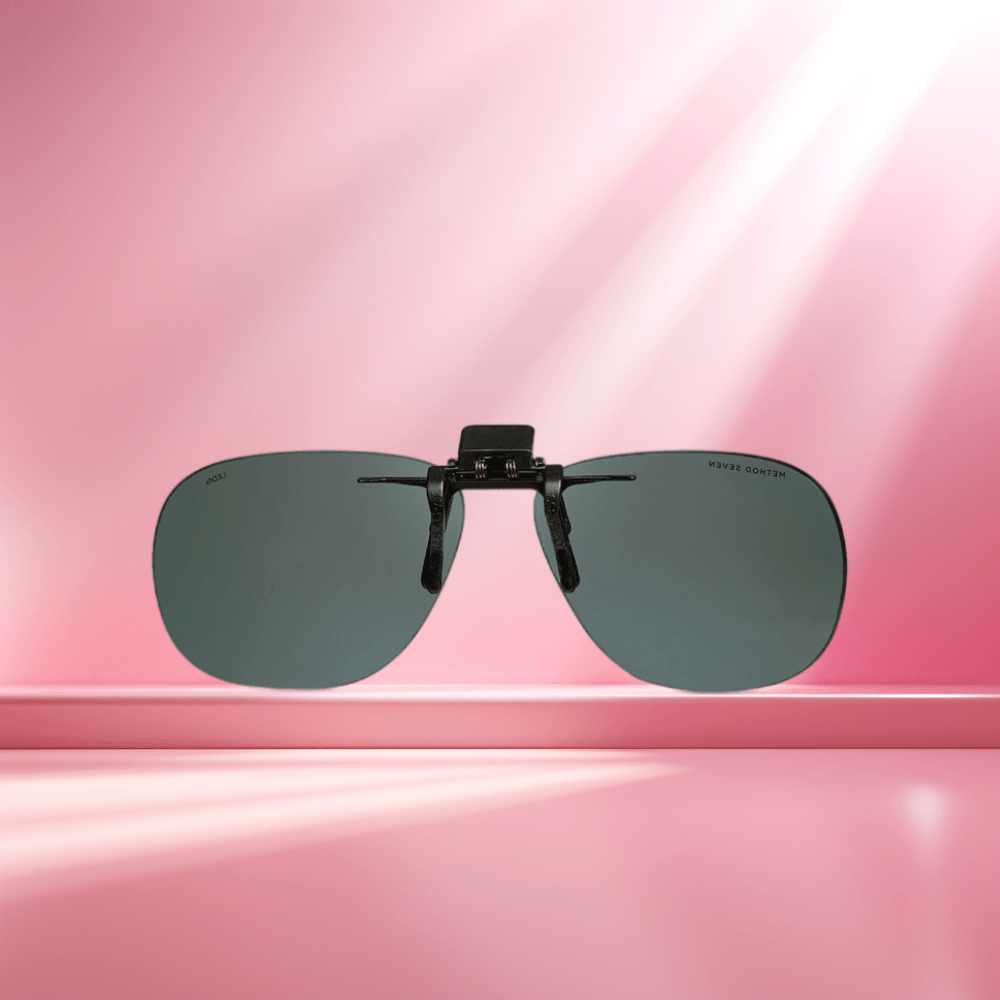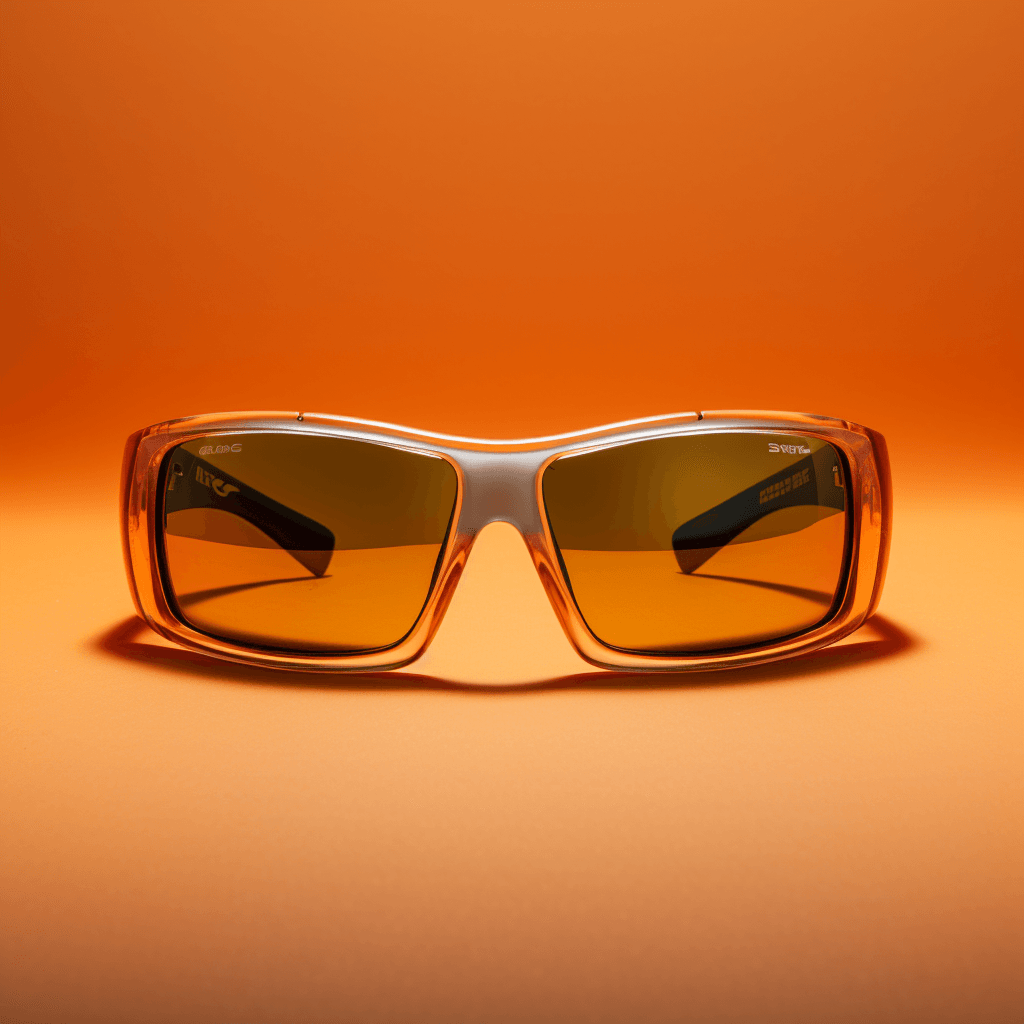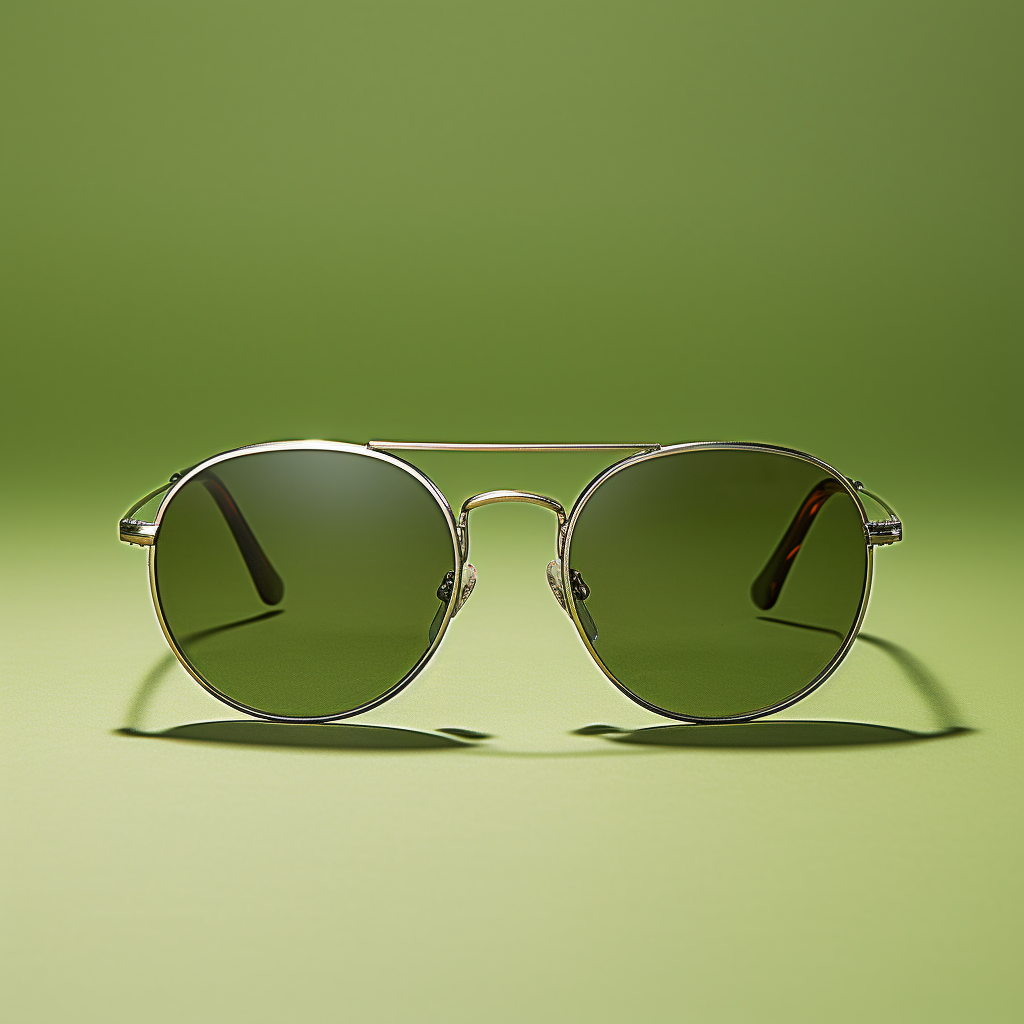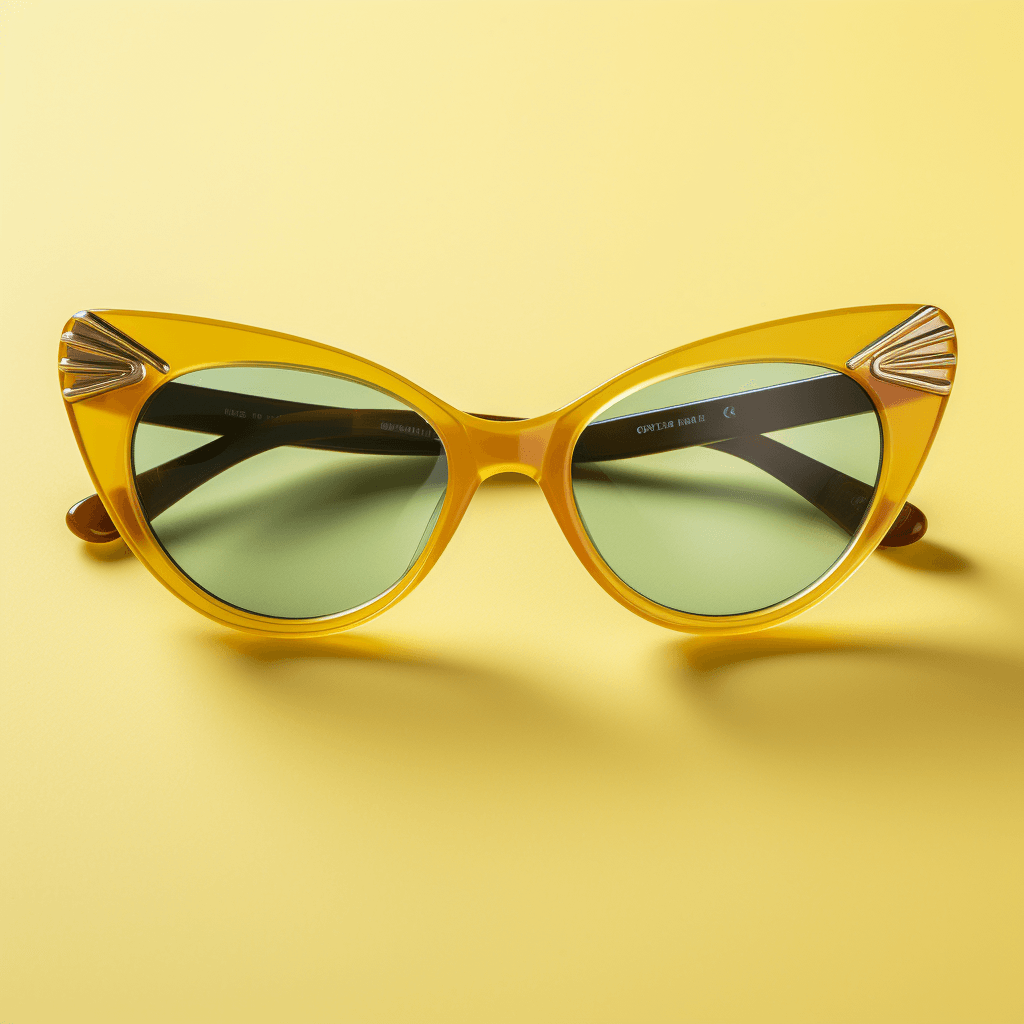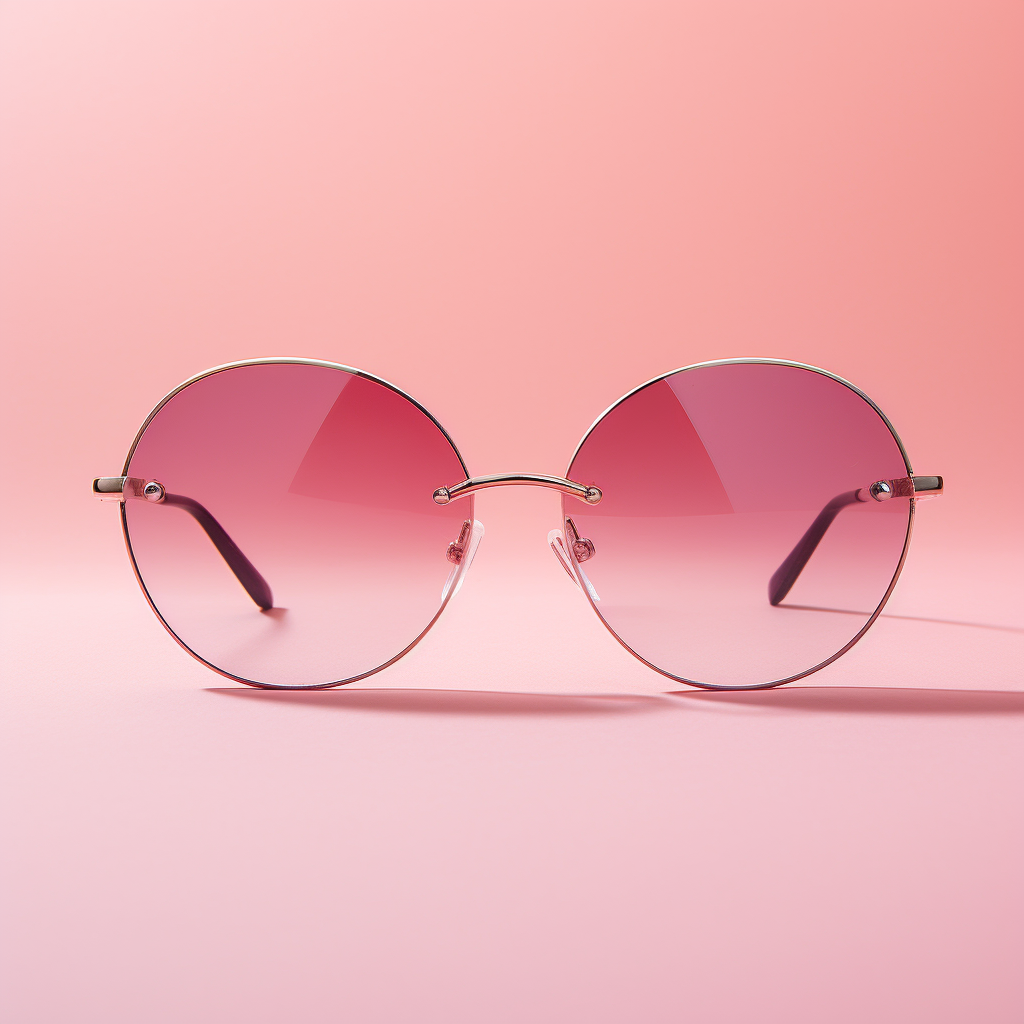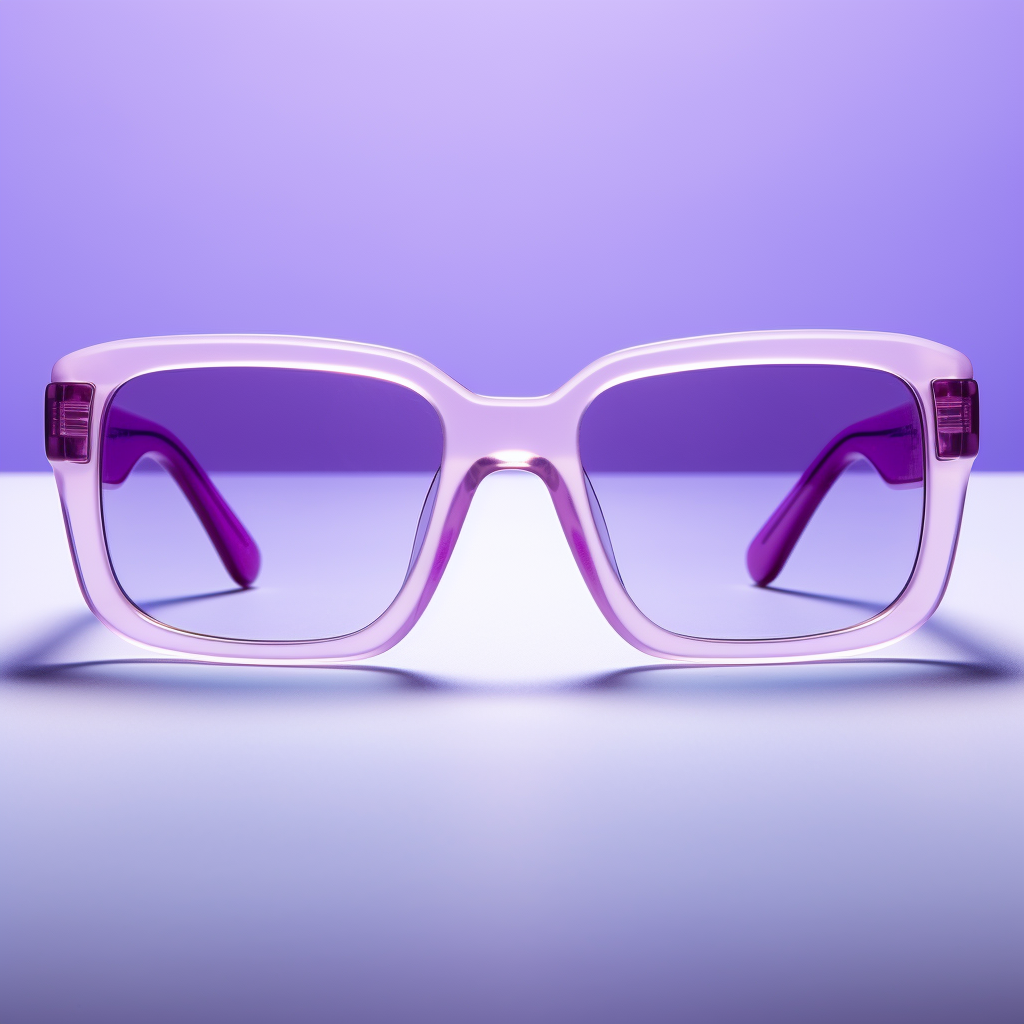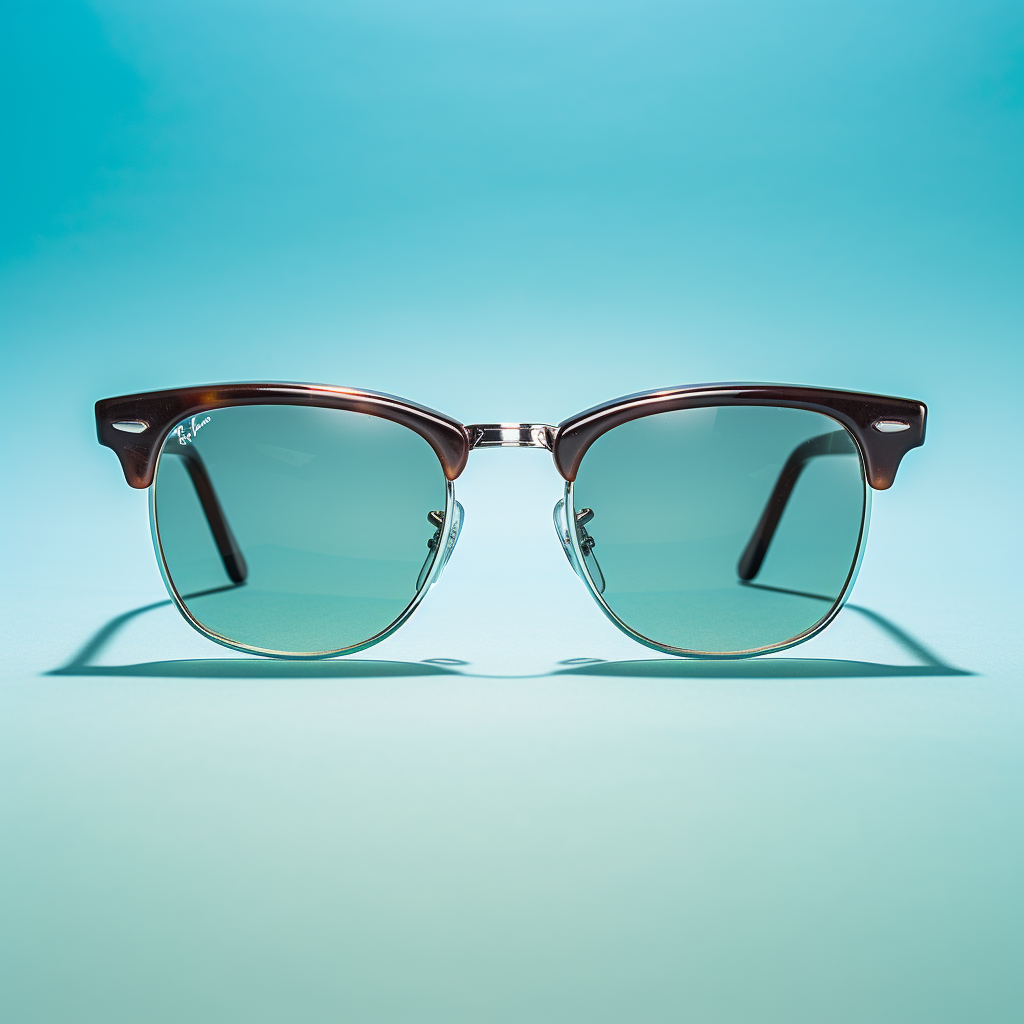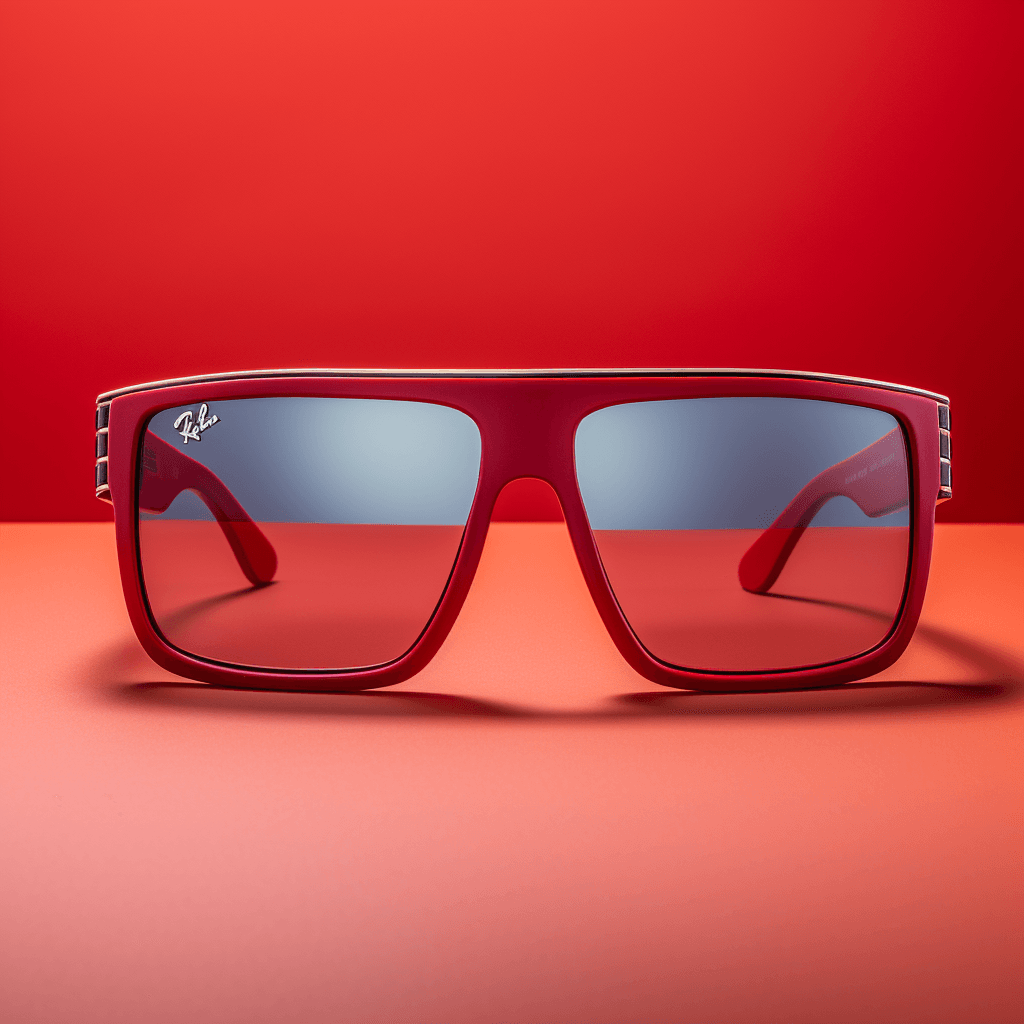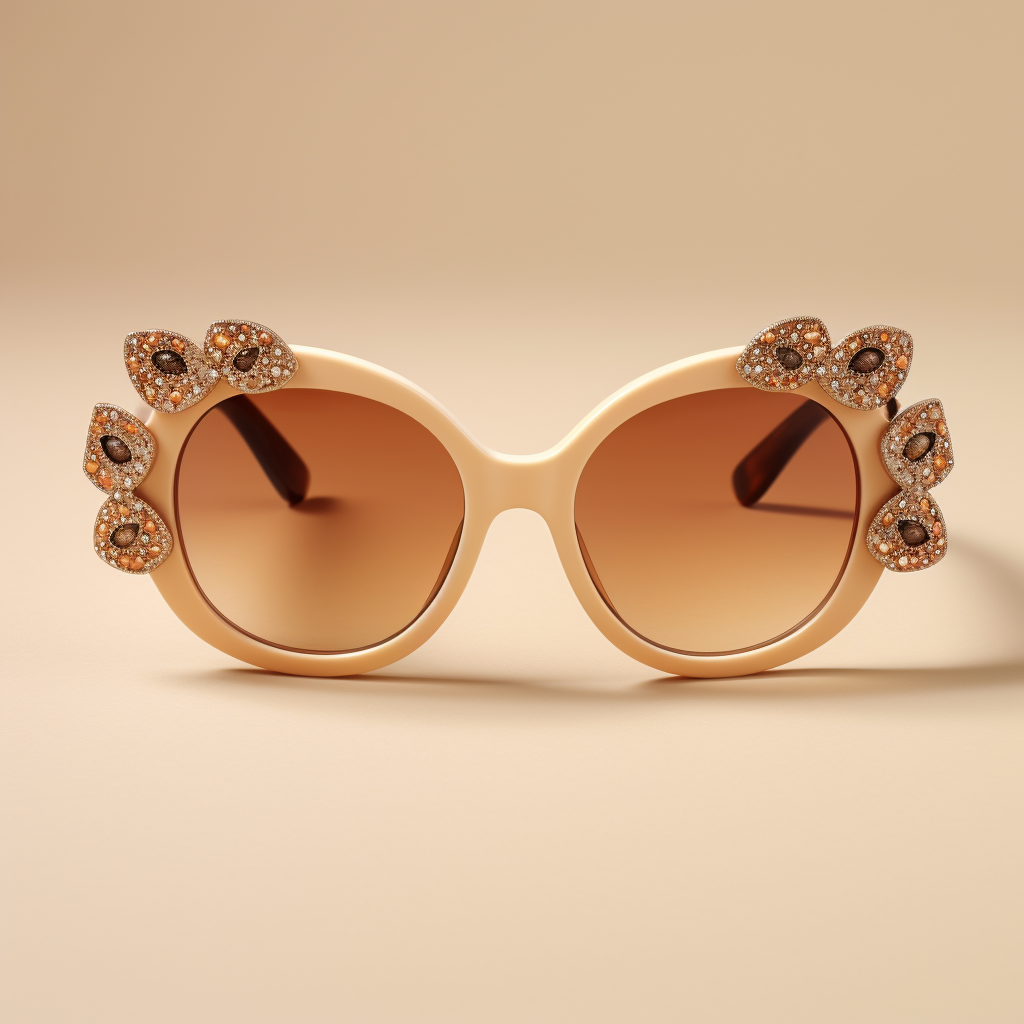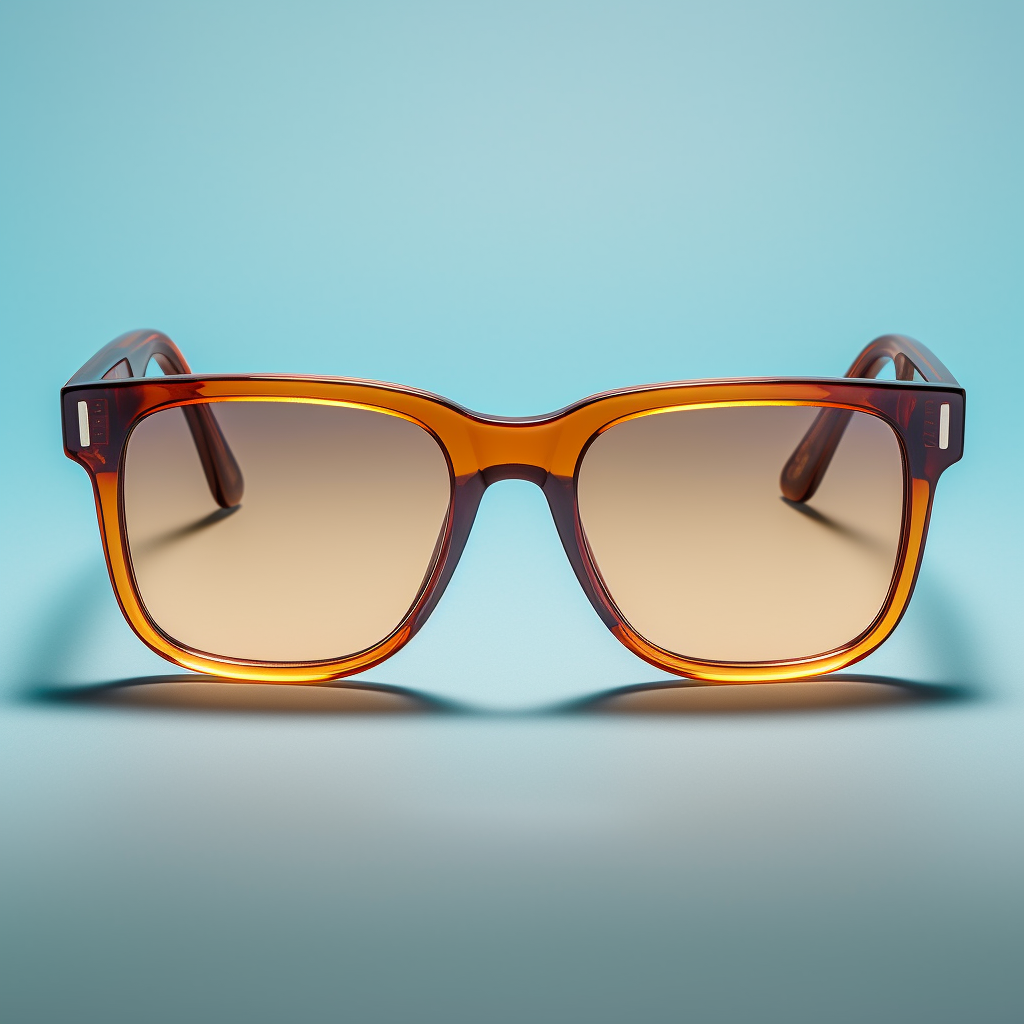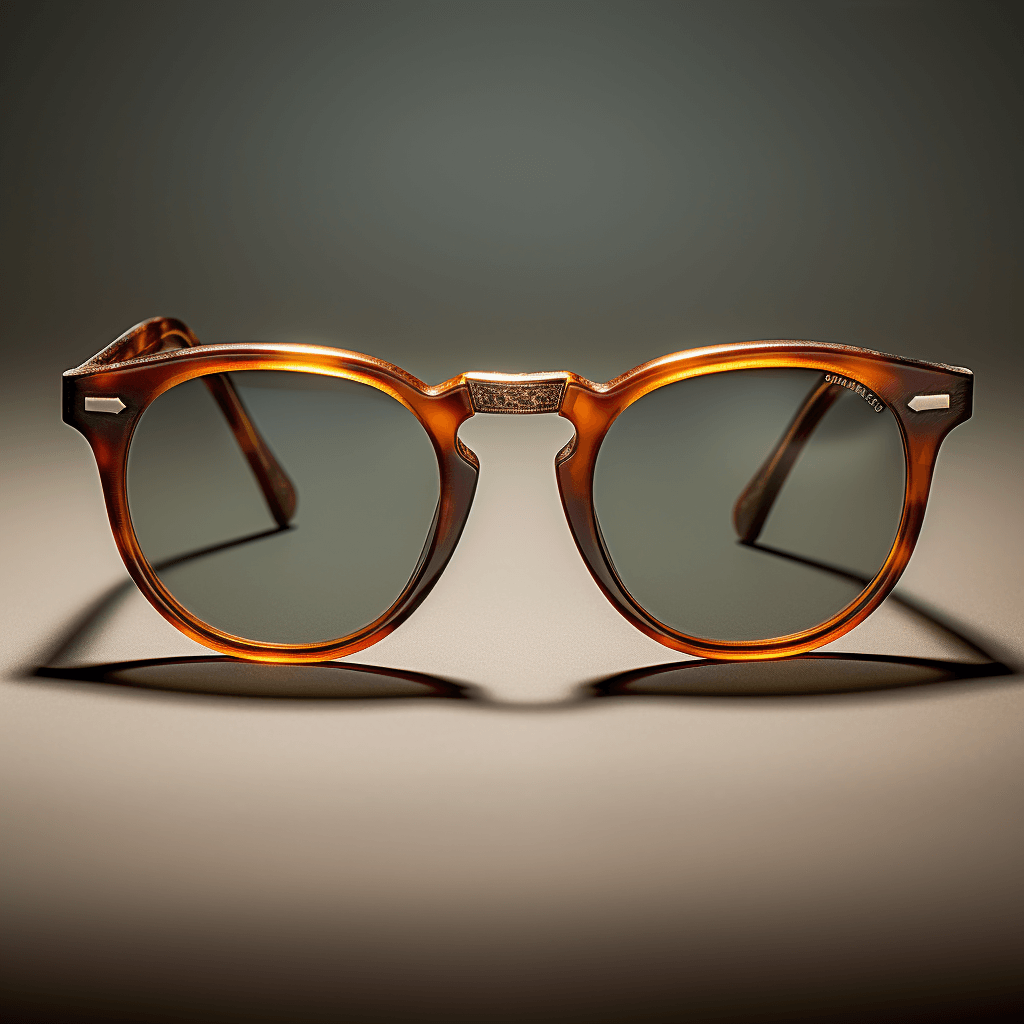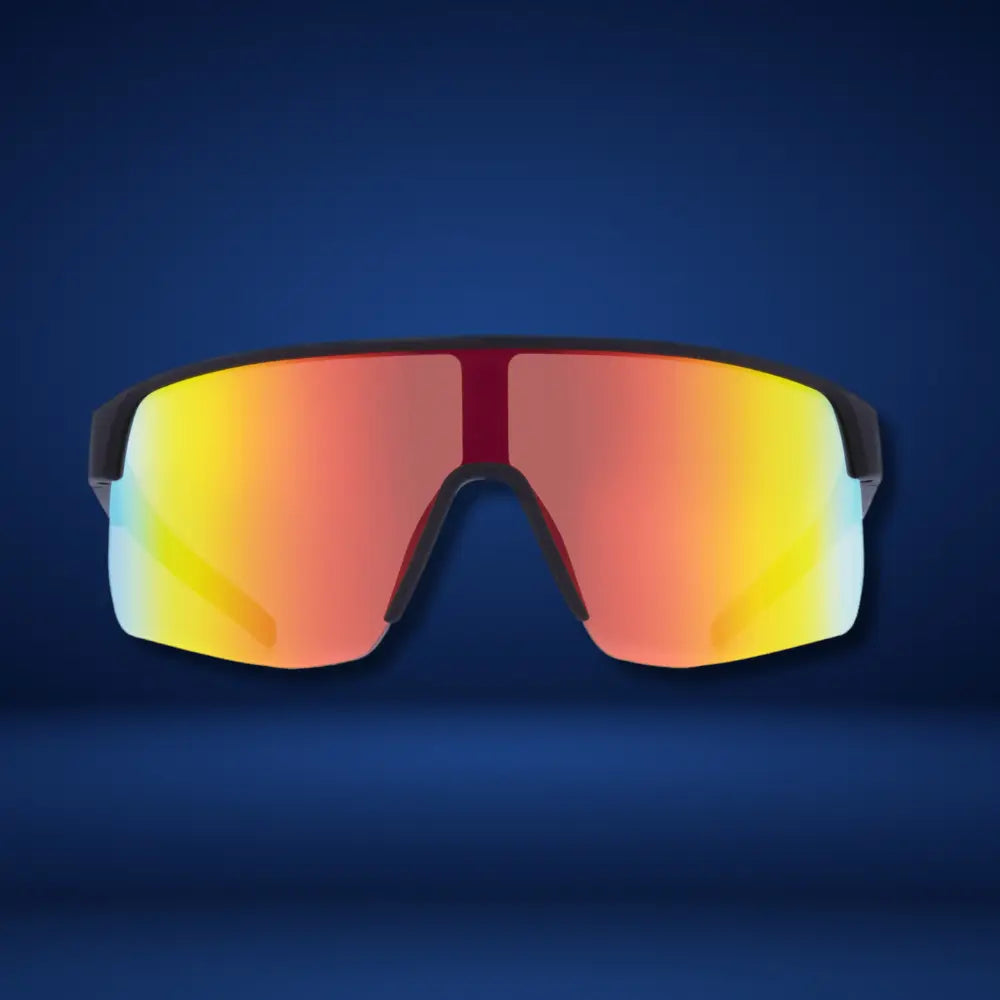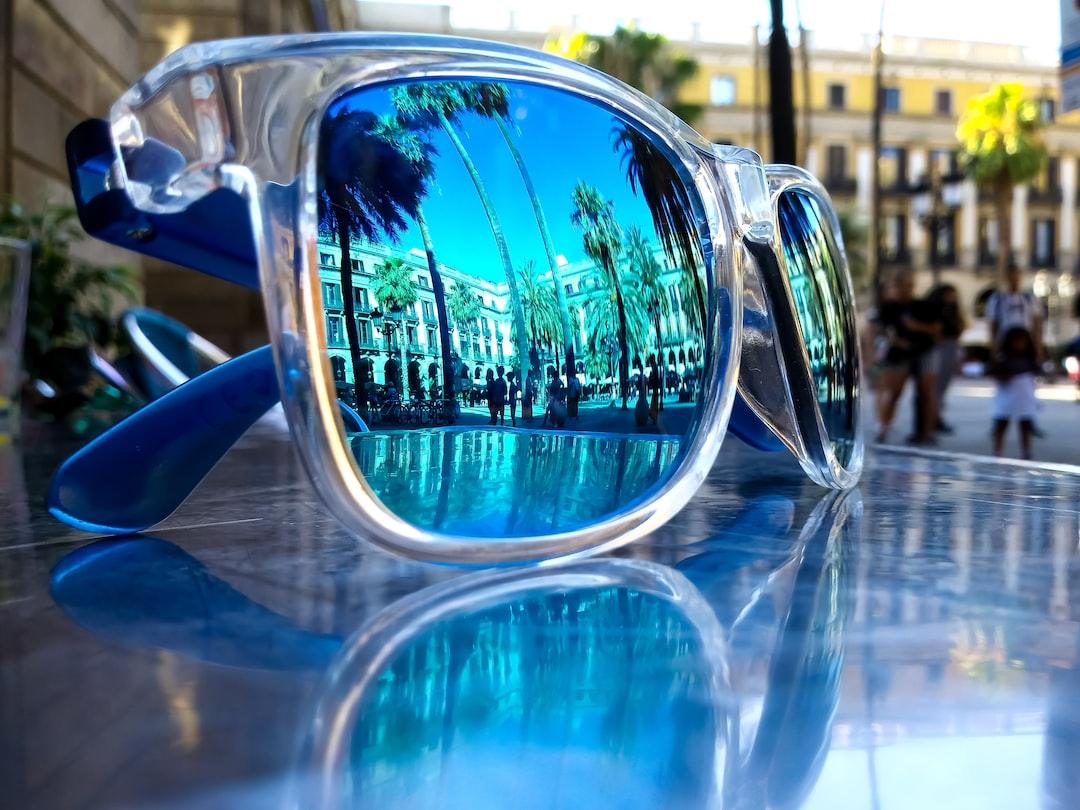
Sustainable and Eco-Friendly Materials for Sunglasses
Share
Introduction
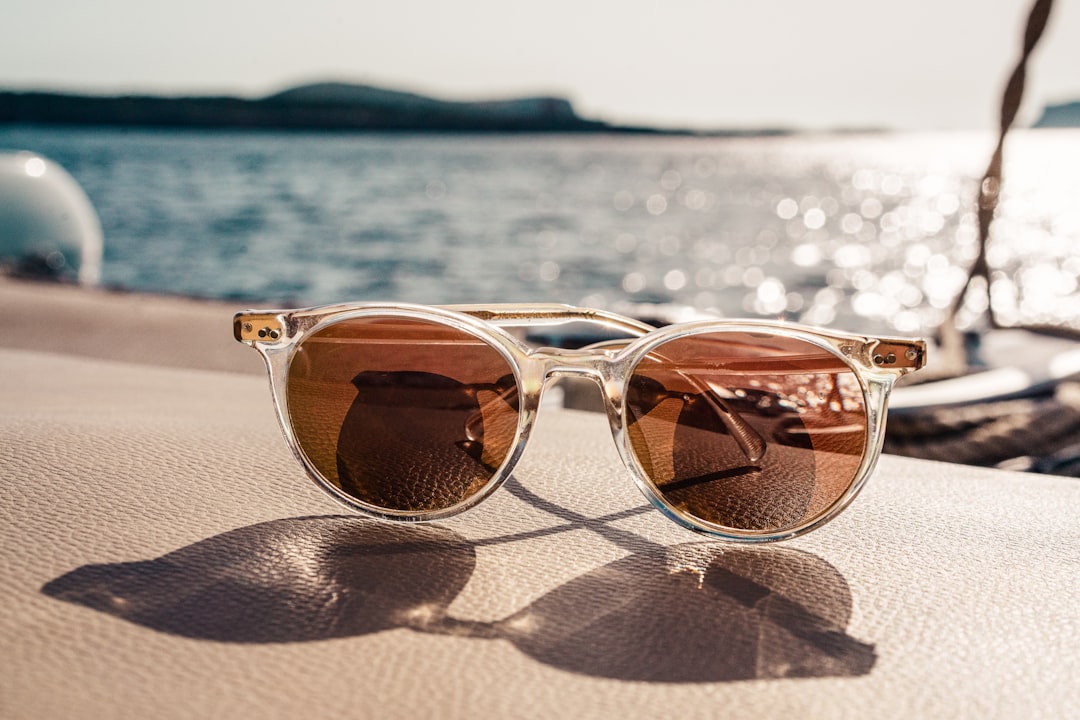
As concerns about climate change and environmental issues grow, the demand for sustainable and eco-friendly products is on the rise. Protecting our environment is vital for future generations, and even small choices, like the sunglasses we wear, can make a difference. Sunglasses are not just a fashion statement but also a functional accessory that protects our eyes from harmful UV rays. Sustainable and eco-friendly materials for sunglasses are gaining popularity, offering an alternative to traditional materials while still providing style and protection.
Sustainable and Eco-friendly Materials
Understanding the difference between sustainable and eco-friendly materials is crucial when choosing the right sunglasses. Sustainable materials are sourced and produced in a way that does not harm the environment or deplete natural resources, ensuring long-term availability. Eco-friendly materials, on the other hand, have a minimal impact on the environment during their production, use, and disposal.
Both sustainable and eco-friendly materials are essential in the context of sunglasses as they help reduce waste, pollution, and the depletion of natural resources. By opting for sunglasses made from these materials, consumers support a greener future while enjoying stylish and functional eyewear. The intersection of sustainability and eco-friendliness in sunglasses ensures that the production process is ethical and environmentally conscious, ultimately benefiting our planet.
Top Sustainable and Eco-friendly Materials for Sunglasses
Several sustainable and eco-friendly materials are gaining popularity in the sunglasses industry, offering both style and environmental benefits.
Wood and bamboo are among the top choices for sustainable eyewear. These materials are not only renewable and biodegradable but also lightweight and durable, making them an excellent alternative to traditional plastic frames. Brands such as Shwood and Woodzee specialize in wooden and bamboo frames, showcasing their commitment to sustainability.
Recycled materials, like metals and plastics, are another eco-friendly option for sunglasses frames. By reusing waste materials, these frames help reduce landfill waste and conserve resources. Brands like Sea2See and Bureo incorporate recycled materials into their designs, creating stylish and environmentally conscious eyewear.
Bio-based plastics, derived from renewable sources like cornstarch or sugarcane, have emerged as a sustainable alternative to petroleum-based plastics. These materials are biodegradable and often require less energy to produce. Brands like Zeal Optics and Proof Eyewear offer sunglasses made from bio-based plastics, combining style and sustainability.
Lastly, sustainable and eco-friendly lens materials are crucial in creating eco-conscious sunglasses. Lenses made from castor oil-based resins or recycled materials offer the same protection as traditional lenses while minimizing environmental impact. Brands like Norton Point and Pela Vision prioritize sustainable lens materials in their designs, ensuring a complete eco-friendly eyewear experience.
Certifications and Labels to Look for When Shopping for Sustainable and Eco-friendly Sunglasses
To ensure you're purchasing truly sustainable and eco-friendly sunglasses, it's essential to look for specific certifications and labels that indicate a brand's commitment to environmental and ethical standards.
Fair Trade certification ensures that products are made under fair working conditions and that workers receive fair wages. This certification guarantees that brands prioritize social, economic, and environmental sustainability in their production processes.
FSC (Forest Stewardship Council) certification is particularly relevant for wooden and bamboo frames. It guarantees that the materials come from responsibly managed forests, ensuring environmental and social benefits.
Cradle-to-Cradle certification evaluates a product's entire lifecycle, from material sourcing to end-of-life disposal. This certification ensures that sunglasses are designed and manufactured with minimal environmental impact and maximum recyclability.
Blue Angel certification is a label awarded to products and services that meet high environmental standards, particularly in terms of resource efficiency, pollutant emissions, and waste management. By choosing sunglasses with these certifications and labels, you can be confident in your eco-friendly eyewear choice.
The Benefits of Choosing Sustainable and Eco-friendly Sunglasses
Opting for sustainable and eco-friendly sunglasses comes with several benefits, both for the environment and the wearer.
By choosing sunglasses made from sustainable materials, you contribute to reducing the environmental impact of the eyewear industry. This includes conserving resources, reducing waste, and minimizing pollution.
Supporting ethical and responsible companies is another advantage of choosing sustainable and eco-friendly sunglasses. These companies prioritize social and environmental standards, ensuring a positive impact on communities and ecosystems.
Unique and fashionable styles are also a perk of eco-friendly eyewear. Brands that prioritize sustainability often offer innovative designs and materials, setting you apart from the crowd while still looking stylish.
Lastly, by choosing sustainable and eco-friendly sunglasses, you contribute to a greener future. Every conscious purchase decision helps drive demand for eco-friendly products, ultimately benefiting our planet and future generations.
10 Frequently Asked Questions About Sustainable and Eco-friendly Sunglasses
1. Are sustainable and eco-friendly sunglasses more expensive than traditional sunglasses?
While some sustainable and eco-friendly sunglasses may be more expensive due to higher production costs, many brands offer affordable options. Additionally, investing in eco-friendly eyewear supports a greener future and ethical business practices.
2. How can I tell if a pair of sunglasses is made from sustainable or eco-friendly materials?
Look for information on the brand's website or product labels regarding their materials, production processes, and certifications. Certifications like FSC, Fair Trade, and Cradle-to-Cradle can help identify sustainable and eco-friendly products.
3. Are there any downsides to sustainable and eco-friendly materials for sunglasses?
Some sustainable materials may be less durable than traditional materials, but many eco-friendly options, such as bamboo and bio-based plastics, offer comparable durability and quality.
4. How do I care for sunglasses made from sustainable materials?
Follow the manufacturer's care instructions, which often include cleaning lenses with a microfiber cloth and storing sunglasses in a protective case when not in use.
5. Can I still find my favorite styles and shapes in sustainable and eco-friendly sunglasses?
Yes, many brands offer a wide range of styles and shapes in sustainable materials, so you don't have to sacrifice fashion for eco-friendliness.
6. How do sustainable materials compare to traditional materials in terms of durability and quality?
Sustainable materials like bamboo and bio-based plastics can be just as durable and high-quality as traditional materials, offering long-lasting and stylish eyewear options.
7. Are there any sunglasses brands that specialize in sustainable and eco-friendly materials?
Yes, brands like Shwood, Woodzee, Sea2See, Bureo, Zeal Optics, and Proof Eyewear specialize in sustainable and eco-friendly sunglasses.
8. How can I ensure that the lenses in my sunglasses are also eco-friendly?
Look for brands that use sustainable lens materials, such as castor oil-based resins or recycled materials. Information about lens materials can often be found on the brand's website or product labels.
9. Are there any certifications or labels that I should look for when shopping for sustainable sunglasses?
Certifications like Fair Trade, FSC, Cradle-to-Cradle, and Blue Angel can help you identify sustainable and eco-friendly sunglasses.
10. How can I dispose of my old sunglasses in an eco-friendly way?
Consider donating your old sunglasses to charity or recycling programs that accept eyewear. Some brands, like Bureo, even offer recycling initiatives for their products.
Embrace Style and Sustainability
The growing availability of sustainable and eco-friendly sunglasses offers a unique opportunity to make conscious choices while shopping for fashion items. Embracing these sustainable materials not only helps protect our environment but also allows you to enjoy stylish and functional eyewear. As you consider your next pair of sunglasses, explore the sustainable and eco-friendly options available at Rad Sunnies and join the movement towards a greener future.

